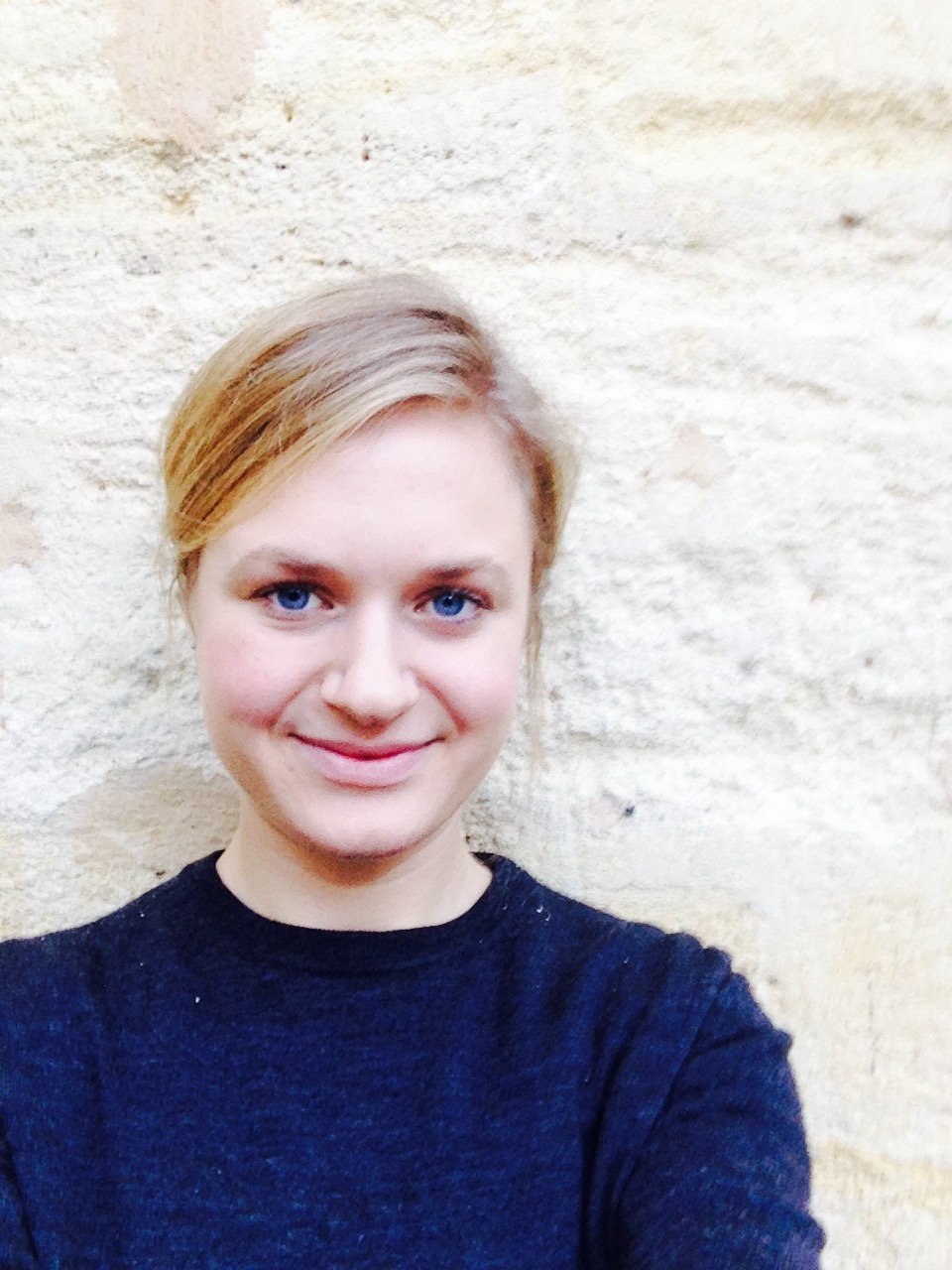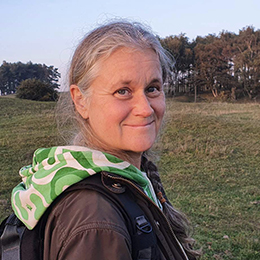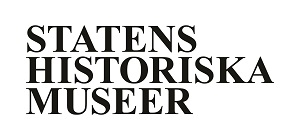THE TEAM
The research group consists of six artists & researchers with long experience of collaborative processes and transdisciplinary research: Christina Fredengren, Janna Holmstedt, Jenny Lindblad, Malin Lobell, Karin Wegsjö, Cecilia Åsberg.

Professor & Docent in Archaeology, Uppsala University & Stockholm University
Professor in Archaeology at Uppsala University and former Head of Research at the National Historical Museums in Sweden, with several international publications in archeology, feminist posthumanities, cultural heritage and environmental humanities. Also Associate Professor and researcher at the Archaeological Research Laboratory, Department of Archaeology and Classical Studies, Stockholm University. Heading the Stockholm University Environmental Humanities Research School and one of the founders of Stockholm University Environmental Humanities Network. Doctorate in Archaeology at Stockholm University 2002/3, Director at the Discovery Programme, Ireland’s Research Institute in Archaeology 2002-2007, key member of The Posthumanities Hub and the Seed Box: An Environmental Humanities Collaboratory, and Pi of research project Checking in with Deep Time (three-year funding from Formas, Swedish Research Council for Sustainable Development) as well as Pi of Water of the Times (funded by the Swedish Science Council, Berit Wallenberg foundation), and Curating Time.

researcher, KTH Royal Institute of Technology
Researcher at the Division of Urban and Regional Studies, KTH Royal Institute of Technology. She participates in the project through research on soils and soil processes in urban development and planning. Her work centers on practices, expertise and materialities that shape cities and urban life, particularly in France and Sweden. Her doctoral thesis Planning Contexts: Bureaucracy and rule relations in French Urbanism (2020) explored how changing urban planning ideals impact land-use practices in Bordeaux, and how ambitious sustainability goals are transformed through negotiations about plans and land-use regulations among planners, officials and politicians. She recently co-edited the book Dilemmas of Sustainable Urban Development: A View from Practice (2020), and teaches in the master’s program Sustainable Urban Planning and Design at KTH.

director and documentary film maker, member of (p)Art of the Biomass
Karin Wegsjö received her education at The Dramatic Institute in Stockholm. She is the author of a large number of short features and documentary films which have been screened both at home and abroad; among others the Guldbagge award nominated film Bucharest’s Discreet Charm and the Guldbagge and Golden Gate award winning short film “A Part of the World that is Yours”. Wegsjö also writes and directs for the stage.

Artist and environmental humanities researcher, National Historical Museums in Sweden & (p)Art of the Biomass
PhD, artistic and environmental humanities researcher, working in a feminist posthumanities vein of critical and creative inquiry. She investigates listening as a situated practice, the cultivation of care and environmental attention, and composition in the expanded field of genre-disobedient art practices. Her work includes sound-based installations, participatory performances, mixed media walks, storytelling, mappings, writing, growing, and collaborative projects. Key member of The Posthumanities Hub.

artist and gardener, member of (p)Art of the Biomass
Combining her skills as artist and gardener, she has been working with plant-human relations for more than fifteen years. She has initiated and facilitated community gardens and creative collaborations with researchers, schools and municipalities. Together with Janna Holmstedt, she has initiated the art and research collective (p)Art of the Biomass. Through interdisciplinary projects, participatory processes and artistic interventions, they inspire thoughts and action and create new forms of collaboration, where multispecies relations as well as environmental care and attention can be cultivated. She is also involved in the Nordic art project Skifte focusing on land reforms, land use and regenerative agriculture.

Professor and Chair of Gender, Nature, Culture at TEMA, Linköping University
Professor and chair of Gender, nature, culture at TEMA, department of Thematic Studies, Linköping University, Sweden. She founded and runs The Posthumanities Hub, a research group and platform for linked environmental, biological and technological humanities, more humane and more-than-human humanities. The Hub brings art and science to the humanities, and existential insight to the people. Prof Dr Åsberg initiated in Sweden feminist new materialism, practices of posthumanities and environmental humanities (Seed Box) across arts and sciences. She has researched embodied and environed cultures and histories of medicine, engineering and molecular sciences, eg AI-technologies and waste management, biological diversity and climate change at the edge of the sea, and developed practices for the needed forms of posthumanities today, for instance more humane and more than human citizen humanities.

